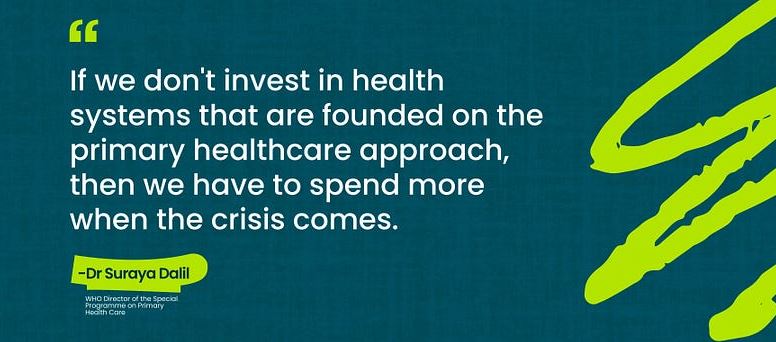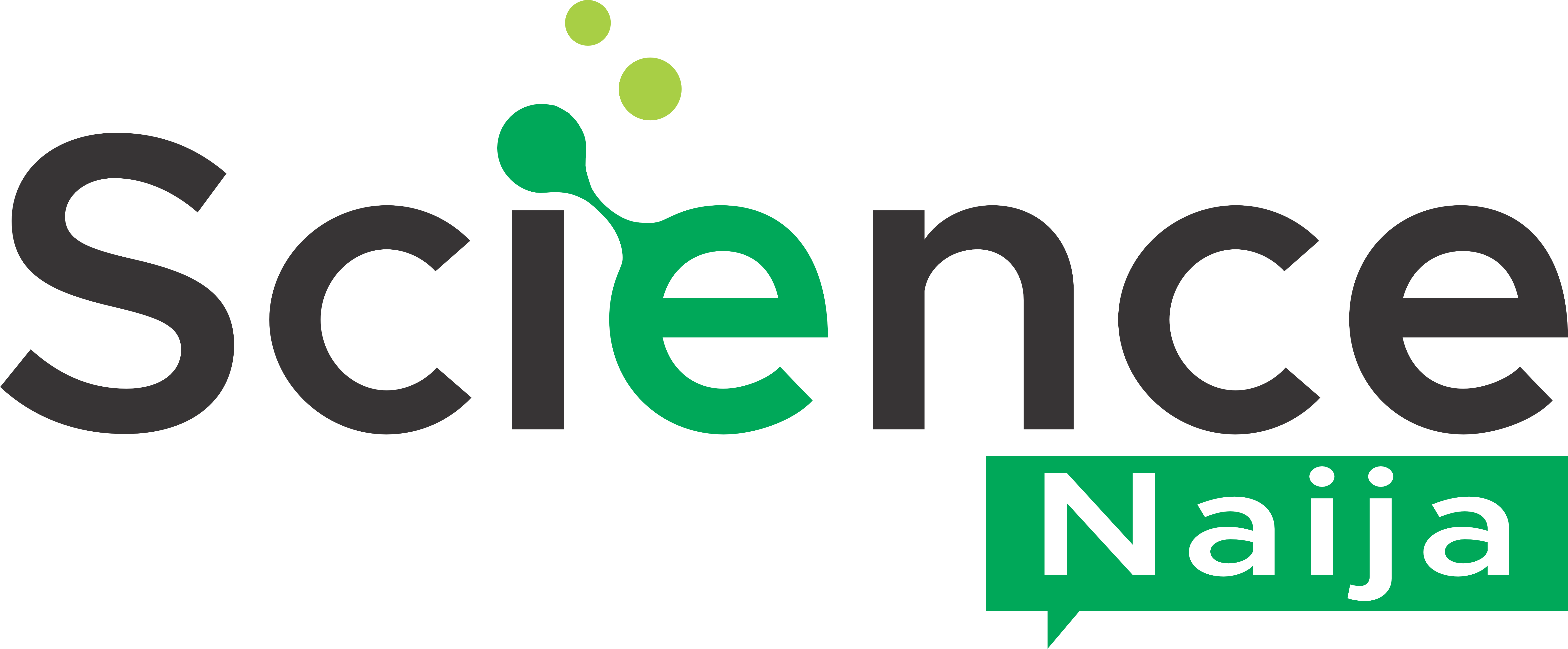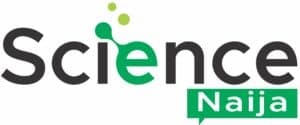Recently, Nigeria’s Supreme Court issued a landmark judgment granting financial autonomy to Local Government Areas (LGAs) in a case brought by the Honourable Attorney-General of the Federation and Minister of Justice, Lateef Fagbemi.
This decision is expected to drive grassroots development, with primary healthcare likely to see significant positive impacts as local governments gain financial independence.
Quality and accessibility are critical for effective healthcare, and primary healthcare (PHC) plays a pivotal role as it is closest to the people. Up to 90% of health services needed throughout a person’s life can be provided at the PHC level.
Despite its importance, PHC in Nigeria has faced numerous challenges, including inadequate resources and poor functionality due to financial constraints on local governments. With financial autonomy, LGAs will be better equipped to address these issues, leading to improvements in three major areas:
1. Boosting Health Security and Immunization Coverage
Zero-dose children, those who have not received any vaccine shots, are at high risk of contracting deadly diseases. These children often reside in communities that local governments can reach if they are fully functional.
Financial autonomy will enable LGAs to ensure PHCs have the necessary vaccines, storage facilities, and resources to reach every child in their areas. This will reduce the number of zero-dose children and improve local health security by preventing disease outbreaks.
PHCs will also be better positioned to detect and respond to public health events using established protocols like the Surveillance, Outbreak Response Management, and Analysis System (SORMAS).
2. Maternal Health Improvements
One of the major contributors to maternal deaths is the delay in reaching healthcare facilities and receiving adequate care. This issue arises when local governments lack the resources to effectively operate PHCs. With financial autonomy, LGAs will have the means to improve the quality of care in health facilities and hire skilled healthcare workers.
This will reduce the need for women to visit secondary or tertiary facilities, unless complications arise. Additionally, better-funded PHCs will have essential medical supplies, such as uterotonics, to address postpartum hemorrhage, thereby enhancing maternal health outcomes.
3. Strengthening Governance
Effective governance is a pillar of the Nigeria Health Sector Renewal Initiative, and LGA financial autonomy can significantly contribute to this. By reducing state-level bureaucracy, LGAs can prioritize healthcare initiatives based on local needs, enhancing oversight and minimizing corruption.
Improved accountability mechanisms will enable communities to monitor fund usage, fostering transparency and trust in the healthcare system. This can encourage more people to seek care at local health facilities, improving overall public health outcomes.
Promoting Transparency and Accountability
Achieving transparency and accountability will require intentional efforts and active citizen engagement. Initiatives like the International Budget Partnership and Open Government Partnership aim to make governance more open. Stepping these initiatives down to the local government level is essential.

Technology can play a key role, enabling citizens to question fund usage and promote fiscal openness. Programs like the Community Health Watch and BudgIT’s encouragement for community members to ask questions can drive this change.
Overcoming Challenges
While the Supreme Court judgment is a positive step, several challenges must be addressed to realize its benefits. Credible, free, and fair elections are necessary to elect competent local government chairmen. Ensuring these elections are legitimate is vital for effective leadership.
Bottom Line
While realizing the benefits of LGA financial autonomy will not be easy, it is possible with purposeful leadership and a commitment to investing in primary healthcare. There is a need of investing in health systems founded on the primary healthcare approach to avoid higher costs during crises. With determined efforts, Nigeria can strengthen its primary healthcare system and improve public health outcomes across the nation.



